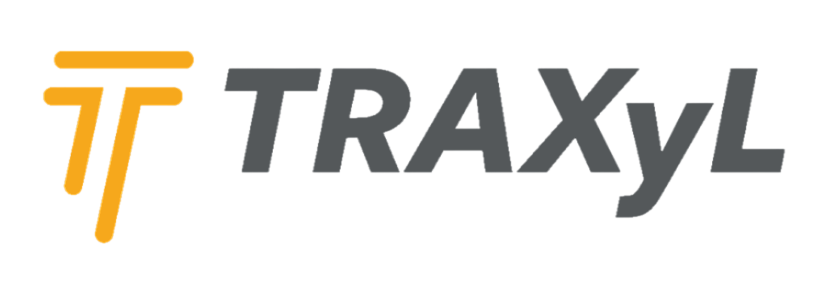Ready to build your own Founder-Led Growth engine? Book a Strategy Call
Frontlines.io | Where B2B Founders Talk GTM.
Strategic Communications Advisory For Visionary Founders
Actionable
Takeaways
Identify Meaningful Problems to Solve:
Look beyond the hype and "value creation rationalization" to find problems that truly matter to you and society at large. Apply your skills and expertise to develop solutions that can drive positive change.
Craft Relatable Metaphors for Category Creation:
When pioneering a new category, develop clear, relatable metaphors that quickly convey the value proposition and market potential to investors and stakeholders who may not have deep domain expertise.
Seek Out Mission-Aligned Investors:
Focus on finding investors who share your vision and values, rather than trying to convince skeptics. Leverage the networks of early believers to expand your reach and build momentum.
Navigate Complex Sales Cycles with Strategy:
When selling to large bureaucratic organizations, adopt a top-down approach, create "zones of innovation" to manage risk, and invest in building relationships and credibility with key decision-makers.
Stay True to Your Mission:
Define success not just by financial metrics, but by the real-world impact your company creates. Let your mission guide your decision-making and keep you motivated through the challenges of entrepreneurship.
Conversation
Highlights
Building an Operating System for Democracy: How Indigov Created a New Category in GovTech
“Venture capital funds generally are pack hunters,” Alex Kouts revealed in a recent episode of Category Visionaries. “They’re like penguins standing on the edge of an iceberg waiting for another penguin to jump in to see if they get eaten by a seal or a shark.”
When Kouts started Indigov, he faced widespread rejection from investors who had previously offered him blank checks. The challenge wasn’t just building a new product – it was creating an entirely new category in government technology. Before Indigov, congressional offices were using outdated systems to manage millions of constituent communications, resulting in response times averaging 83.8 days, if constituents received responses at all.
“I started flying from San Francisco back to DC and just randomly walking into congressional offices,” Alex shares. “I started talking to staffers, like, ‘hey, so what do you guys do here? What happens when a message comes in?'” This hands-on research revealed a critical gap: the systems being used to manage constituent communications looked nothing like modern customer relationship tools.
Rather than taking the traditional route of chasing institutional venture capital, Alex took a different approach. “Think really hard about your angle of approach,” he advises. “Maybe don’t go directly to Sequoias, Andreessens and everybody else in the world. Go to a smaller 100 or a couple hundred million dollar fund, get them on board, and then have them set up meetings for you with validated friends.”
The breakthrough came through customer validation. During due diligence for their Series A, investor Bradley Tusk asked Alex to pitch to elected representatives he knew. “Everybody that he put us in touch with bought the product in the diligence process,” Alex recalls. “I’ve never actually gotten customers from a diligence process.”
For enterprise sales into government, Alex developed a unique approach focused on creating “zones of innovation.” As the first cloud vendor Congress had approved for their use case, Indigov needed to carefully manage risk. They established lighthouse offices that would adopt the technology while acknowledging associated risks, then worked with the organization to create pathways for broader adoption.
This methodical approach has paid off. Indigov now serves elected officials across 44 states, reaching 200 million Americans. More importantly, they’ve dramatically improved constituent response times from 83.8 days to between 8-10 hours, with a 100% response rate.
Looking ahead, Alex envisions Indigov becoming “the Bloomberg terminal for elected representatives.” But unlike many Silicon Valley founders, his measure of success isn’t tied to traditional metrics: “The measure of the company as to whether or not we are successful is if we meaningfully affect the user experience of democracy, the functioning of our government in a positive way that we can look at and say, we did that.”
For founders building category-defining companies, Alex emphasizes the importance of having conviction in your mission. “I had venture funds and individual investors, GPs at funds who had made a lot of money with me in the past… Everybody said, we love you. Anything but government.” Instead of letting this deter him, he focused on finding investors who understood the mission and building evidence of market demand through early customer traction.
The key lesson? Category creation requires founders to think differently about go-to-market strategy. Rather than following conventional wisdom about institutional fundraising or enterprise sales, success comes from understanding your unique market dynamics and building the right relationships – even if that means walking into congressional offices unannounced.

















